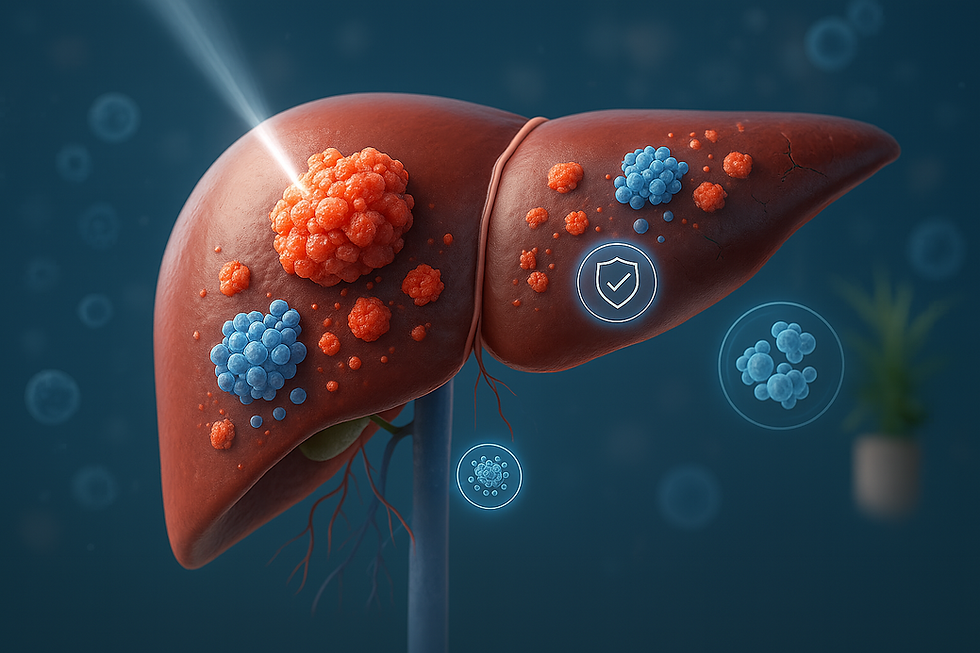Thyroid Disorders Symptoms Causes Diagnosis and Treatment
- Doctoury

- May 8, 2024
- 3 min read
Updated: Mar 8, 2025
Thyroid Disorders Symptoms Causes Diagnosis Treatment
The thyroid gland, a small butterfly-shaped organ located at the base of your neck, plays a crucial role in regulating numerous metabolic processes throughout the body. Its primary function is to control the rate at which your body uses energies, making it a key player in regulating your metabolism. However, when the thyroid's function is disrupted, it can lead to significant health challenges.
Symptoms of Thyroid Disorders
Thyroid disorders can manifest through various symptoms, which often depend on whether the thyroid is overactive (hyperthyroidism) or underactive (hypothyroidism). Common symptoms include:
Hyperthyroidism: Weight loss, rapid heartbeat, increased appetite, sweating, nervousness, anxiety, irritability, tremors, and more frequent bowel movements. Some people may also experience a goiter, which is an enlarged thyroid gland causing a noticeable bulge in the neck.
Hypothyroidism: Fatigue, weight gain, cold intolerance, dry skin, hair loss, constipation, depression, and a slowed heart rate. Like hyperthyroidism, this can also cause a goiter.
Causes of Thyroid Disorders
Thyroid disorders can result from a variety of factors:
Autoimmune diseases: The most common cause is an autoimmune attack on the thyroid, such as Graves' disease which leads to hyperthyroidism, and Hashimoto's thyroiditis which results in hypothyroidism.
Iodine imbalance: Either too much or too little iodine in the diet can affect thyroid function, as iodine is a critical mineral in the production of thyroid hormones.
Thyroid nodules: Lumps in the thyroid gland can lead to increased hormone production.
Genetic factors: A family history of thyroid disease increases the probability of developing a thyroid disorder.

Diagnosis of Thyroid Disorders
Diagnosing thyroid disorders generally involves a combination of medical history evaluation, physical examination, and laboratory tests. Key diagnostic tests include:
Thyroid-stimulating hormone (TSH) tests: This is the most common test, used to check for thyroid hormone levels in the blood. Abnormal levels may indicate an overactive or underactive thyroid.
T4 tests: These measure the levels of the thyroid hormone thyroxine in the blood.
Ultrasound of the thyroid: This can help identify the presence of nodules or other abnormalities.
Radioactive iodine uptake test: This test involves taking a small, orally administered dose of radioactive iodine and measuring how much accumulates in the thyroid gland, helping to determine how the gland is functioning.
Treatment Methods
Treatment for thyroid disorders varies based on the type and severity of the disorder:
Hyperthyroidism: Treatment options include radioactive iodine therapy, medications that slow down the production of thyroid hormones, and sometimes surgery to remove part of the thyroid gland.
Hypothyroidism: This is commonly treated with hormone replacement therapy, specifically with synthetic thyroxine (levothyroxine) which normalizes hormone levels.
Surgery: In cases where thyroid nodules are cancerous or cause significant obstruction or cosmetic concerns, surgical removal of the thyroid gland may be necessary.
Lifestyle adjustments: Depending on the type and severity of the thyroid disorder, dietary changes, regular exercise, and stress management can also play supportive roles in managing the condition.
Conclusion
Thyroid disorders, though common, can have a profound impact on an individual's quality of life. Understanding the symptoms, recognizing the potential causes, and seeking timely diagnosis and treatment are essential for managing these conditions effectively. If you suspect you have a thyroid problem, consult with your healthcare provider for an assessment and appropriate management.




Comments